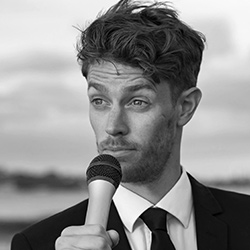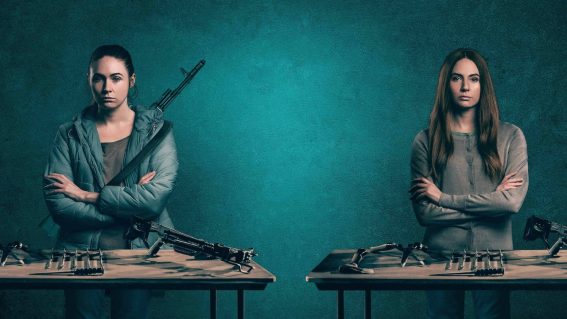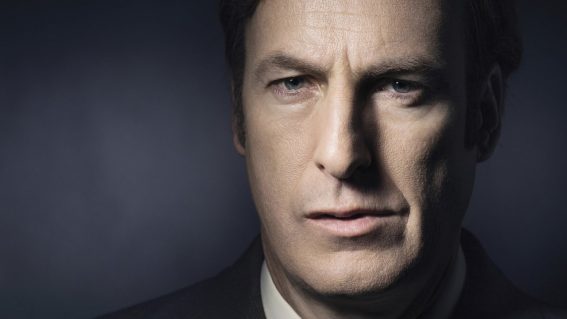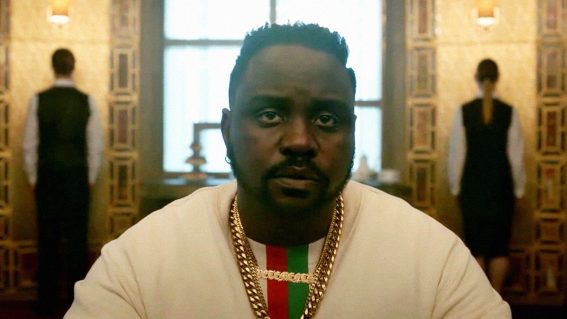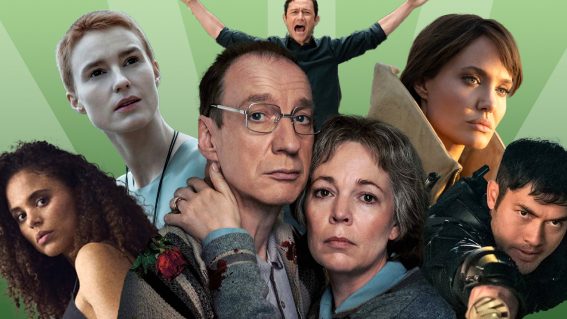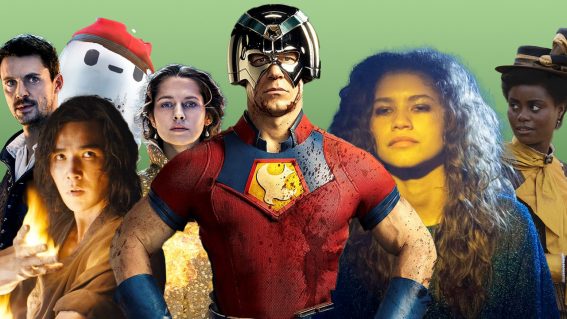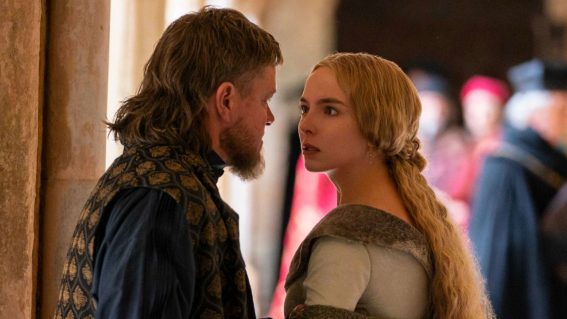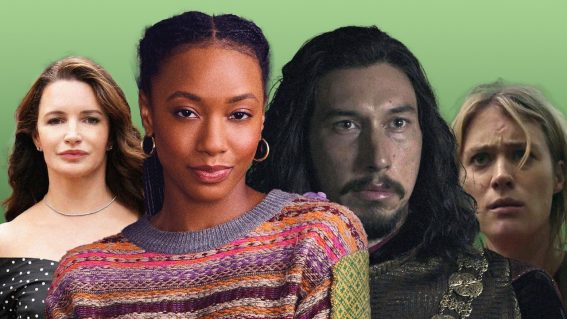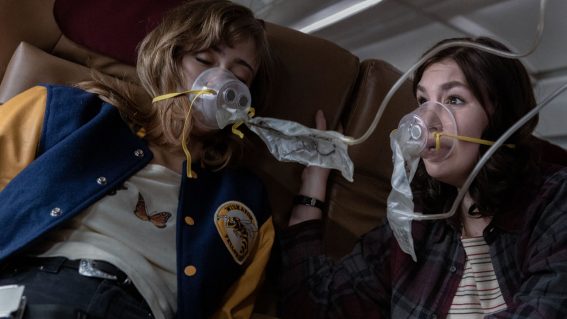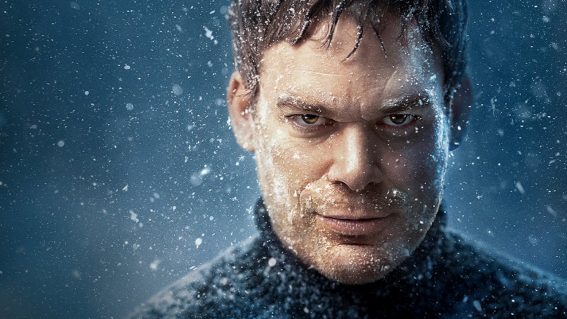The Interview that Shook the World highlights Princess Diana’s courage
She gave the public the furthest look into the icy cold world of the royal family.
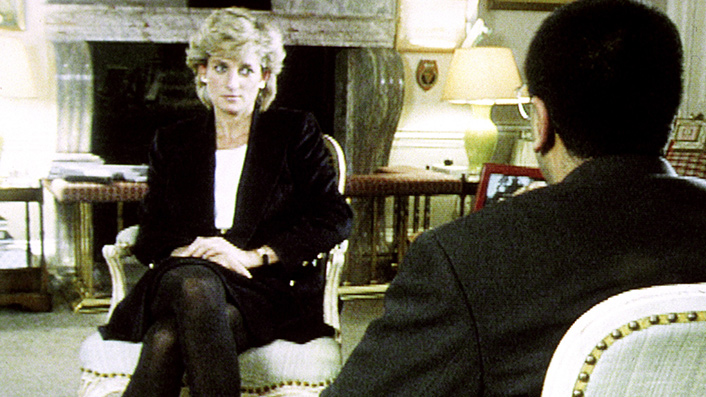
Available to watch now on Neon, Diana: The Interview that Shook the World details the groundbreaking interview between Princess of Wales and the BBC’s Panorama with Martin Bashir. Tim Batt explains the significance of the interview and how it ultimately reflects Princess Diana’s courage and media genius.
In 2021, the news is producing hourly updates that are completely overwhelming. Pandemic figures compete with a global rise in fascism, as the climate crisis advances. I’ve felt conflicted between a desire to tune the news out entirely to end the paralyzing feeling of being mentally beset by current events, and a weird sense of responsibility to keep an eye on each day’s unfolding disasters. Does it help anyone that I know about the disasters? Does it help me? Probably not.
Both for reasons of mental self-preservation and to better understand the context of the world we live in, I’ve recently been trying to slow down and absorb events from recent history instead of just minute-by-minute calamities that we can’t fully understand because they’re still unfolding.
See also:
* Films and shows now streaming on Neon
* Everything new to coming to Neon
Enter Diana: The Interview that Shook the World. It’s an hour-long documentary about the earth-shattering (by 1995’s standards, at least) interview of Diana, Princess of Wales for BBC’s Panorama with Martin Bashir—an interview that is now the subject of a high-profile independent investigation into allegations of forgery and dishonesty by Bashir in order to secure Diana’s participation.
In the Panorama conversation, secretly recorded without the Royal Family’s knowledge, Diana spoke on utterly taboo topics including her eating disorders, her husbands’ extramarital affairs and her struggles with postpartum depression. She gave the public the furthest look into the icy cold world of the British royal family seen to date.
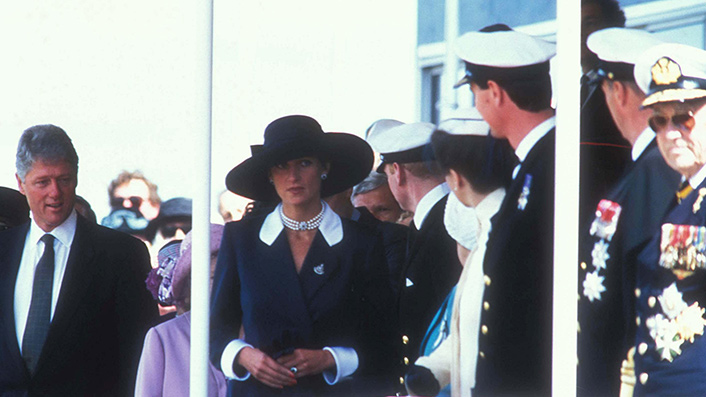
The Princess of Wales was killed in 1997 when her car, being pursued and trying to outrun paparazzi, slammed into a wall at high speed in Paris. This is a fact seared into my brain because I can remember some of the cultural shock this event caused in real-time from when it happened, when I was 10. The public outpouring of grief was so powerful, it’s probably the only news event that penetrated my childhood.
Gen Z won’t have first-hand knowledge of just how beloved Diana was but through a combination of her courage, beauty and genius understanding of the media, she turned herself into an emotional bridge between British citizens and the inhumanly aristocratic British Royal family. Her ascension foreshadowed Prince William’s wife Kate Middleton and the narrative of a modern-day fairytale Princess. Tastefully, the documentary doesn’t dwell on the specifics of her death but instead showcases news footage of bereft mourners in vox pops to illustrate how connected the public were to her plight.
It’s hard to watch a documentary about a TV interview and not keep critically assessing the film for its own production values and while The Interview that Shook the World may not be The Crown, it successfully weaves a gripping historic narrative of feminism and the perils of celebrity.
The documentary consists of footage from the historic interview itself, news clips from around that time and talking heads’ analysis. The experts include BBC employees past and present, Diana’s media-thirsty butler Paul Burrell, and former Palace staff. The exposé isn’t as explosive as the source material it covers but with the benefit of a quarter century’s hindsight, it puts into stark frame the incredible bravery and media-savvy of Diana, The People’s Princess.
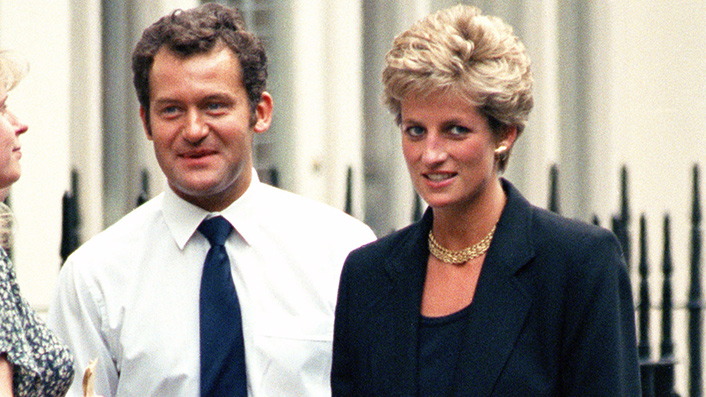
Diana: The Interview that Shook the World is a thoroughly worthwhile and enjoyable watch not just for royal fanatics but for anyone with even a passing interest in the media. Cloak and dagger details of how the interview came to be are outlined, the unprecedented position that the BBC put itself in is explored, and the reaction of the Palace, who had been completely kept in the dark, detailed. You can watch through a lens of escapism or with a socially critical eye.
With its solid roster of experts, the film is able to expose the timeline and ramifications from those who helped make the interview, those who tried to stop it and those in the media who watched the drama unfold. Interestingly, at times the documentary’s women commentators (including left-wing journalist Bidisha) are pitted against the males in their dissection of Diana’s decisions. These different readings of the same source material not only mirror the different takes that the public held of Diana at the time but also showcases how far we (or at least some of us) have come as a society in understanding the unique pressures of women in the spotlight.
With the benefit of hindsight, the Panorama interview is able to be viewed for the lasting impact it, and Diana, had. Both are massive. Though at the time tabloids focused exclusively on the palace intrigue, the public heard possibly the most beloved women in Britain speak frankly about postpartum depression in her own words. She spoke about the difficulties of marriage and of her role as a global celebrity. She did it with a deftness, demur, articulation and level of vulnerability that showcased a superhuman understanding of television as a medium.
Princess Diana’s incredible courage won’t be the takeaway for everyone who watches The Interview that Shook the World but it was for me. It reminded and gave me fresh insight into how she used her platform, how she defended herself in the face of powerful institutional opponents and how she leveraged her physical beauty and intense public interest to introduce socially important messages to the world. Royal watchers, armchair media pundits and even those looking to escape the news of today won’t be disappointed.
